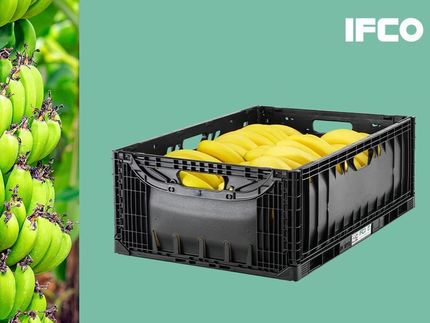Scientists identify synthetic chemicals in food as a major blind spot in public health
Scientists highlight the evidence of increasing public health impacts from exposure to synthetic chemicals in food, focusing on food contact chemicals from food packaging and food processing, and their increased presence in ultra-processed foods. Considering a wide range of scientific studies and regulatory initiatives, the article provides an overarching look at the issue, outlines future research needs, and shares existing options and novel approaches to aid the sustainable transition to a safer food system.
Key points made in the publication:
-
Food contact chemicals (FCCs) and (over-)consumption of ultra-processed foods (UPFs) are an overlooked contributor to public health concerns, despite links to various non-communicable diseases like cancers, cardiovascular diseases, metabolic disorders, brain-related and immune system relevant diseases, and reproductive disorders.
-
Contamination by FCCs occurs through four key routes: transportation, food processing, packaging, and food preparation, allowing harmful substances like bisphenols, phthalates, and PFAS to migrate into foods.
-
The rise in consumption of ultra-processed foods - often containing or in contact with synthetic chemicals - further increases health risks.
-
Future research priorities include better identification of hazardous chemicals, development of safer food contact materials, and redesigning food systems for safety and sustainability.
-
Policies should focus on reforming chemical regulations, incentivizing safe packaging, reducing packaging waste, and curbing UPF consumption.
“The evidence is becoming more and more clear that today’s packaged ultra-processed foods are convenient and hyperpalatable, but they contain many synthetic chemicals and microplastics from various sources,” explains Jane Muncke, lead author of the new publication.
“We see that the health impacts of this type of food contamination are currently under-appreciated and under-studied. The scientific evidence shows a need for adopting a holistic approach to policymaking, that integrates considerations of planetary and human health, including hazardous FCCs and their impacts on health. All food packaging, processing equipment, and other food contact materials need to be adequately tested for their safety with regard to migrating food contact chemicals and microplastics using modern testing methods. New approaches to test for microplastics migration also need to be developed,” she says.
Most read news
Topics
Organizations
Other news from the department science

Get the food & beverage industry in your inbox
By submitting this form you agree that LUMITOS AG will send you the newsletter(s) selected above by email. Your data will not be passed on to third parties. Your data will be stored and processed in accordance with our data protection regulations. LUMITOS may contact you by email for the purpose of advertising or market and opinion surveys. You can revoke your consent at any time without giving reasons to LUMITOS AG, Ernst-Augustin-Str. 2, 12489 Berlin, Germany or by e-mail at revoke@lumitos.com with effect for the future. In addition, each email contains a link to unsubscribe from the corresponding newsletter.





























































